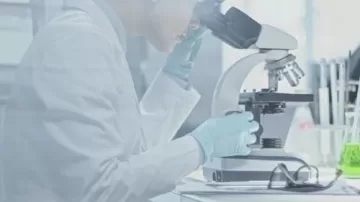
The broad philosophy of training in medical laboratory sciences should be:
- To provide sound academic and professional background for the production of Medical Laboratory Scientists who would be capable of working anywhere in Nigeria.
- To produce Medical Laboratory Scientists who would satisfy internationally recognizable standards and who could undertake further training towards specialization.
- To produce Medical Laboratory Scientists with sufficient management ability to play a leadership role and entrepreneurship in employing others, establishing self, and also in training and general practice of laboratory sciences.
The main aims of bachelors honours degree programmes in Medical laboratory sciences should be:
- To instill in students a sense of enthusiasm for the profession; an appreciation of its application in different contexts (in areas such as general medicine, food and beverages, pharmaceutical industries, utility department e.g. water corporations; research institutions, etc).
- To involve the students in an intellectually stimulating and satisfying experience of learning, studying and research.
- To provide students with a broad and balanced foundation of medical laboratory knowledge and practical skills; performing effectively in clinical diagnostic services, academics and quality assurance; and function independently or in collaboration with other members of the health team in the care of individuals and groups at all levels of health care.
- To develop in students, the ability to apply their medical laboratory knowledge and skills to the solution of theoretical and practical problems in laboratory medicine.
- To develop in students through an education in medical laboratory sciences, a range of transferable skills of value in medical and non-medical employment.
- To provide students with a knowledge and skills base from which they can proceed to further studies in specialized areas involving medical sciences.
- To generate in students, an appreciation of the importance of medical laboratory sciences in an industrial, economic, environmental, health and social context.
- To generate students with the ability to produce biological and diagnostic reagents as well as being able to fabricate and maintain laboratory equipments.
- To also empower graduates of Medical Laboratory Sciences with skills that will enable them engage in income yielding ventures i.e. a re-orientation from the ‘take-a-job’ mentality to the ‘make-a-job mentality’.
UTME
Candidates seeking enrolment into the B.MLS programme should possess the following minimum entry qualifications as stated in general issues.
Duration of Programme
The B.MLS degree programme shall run for 5 years for Joint Matriculation Examination entry candidates and 4 years for direct entry candidates.
